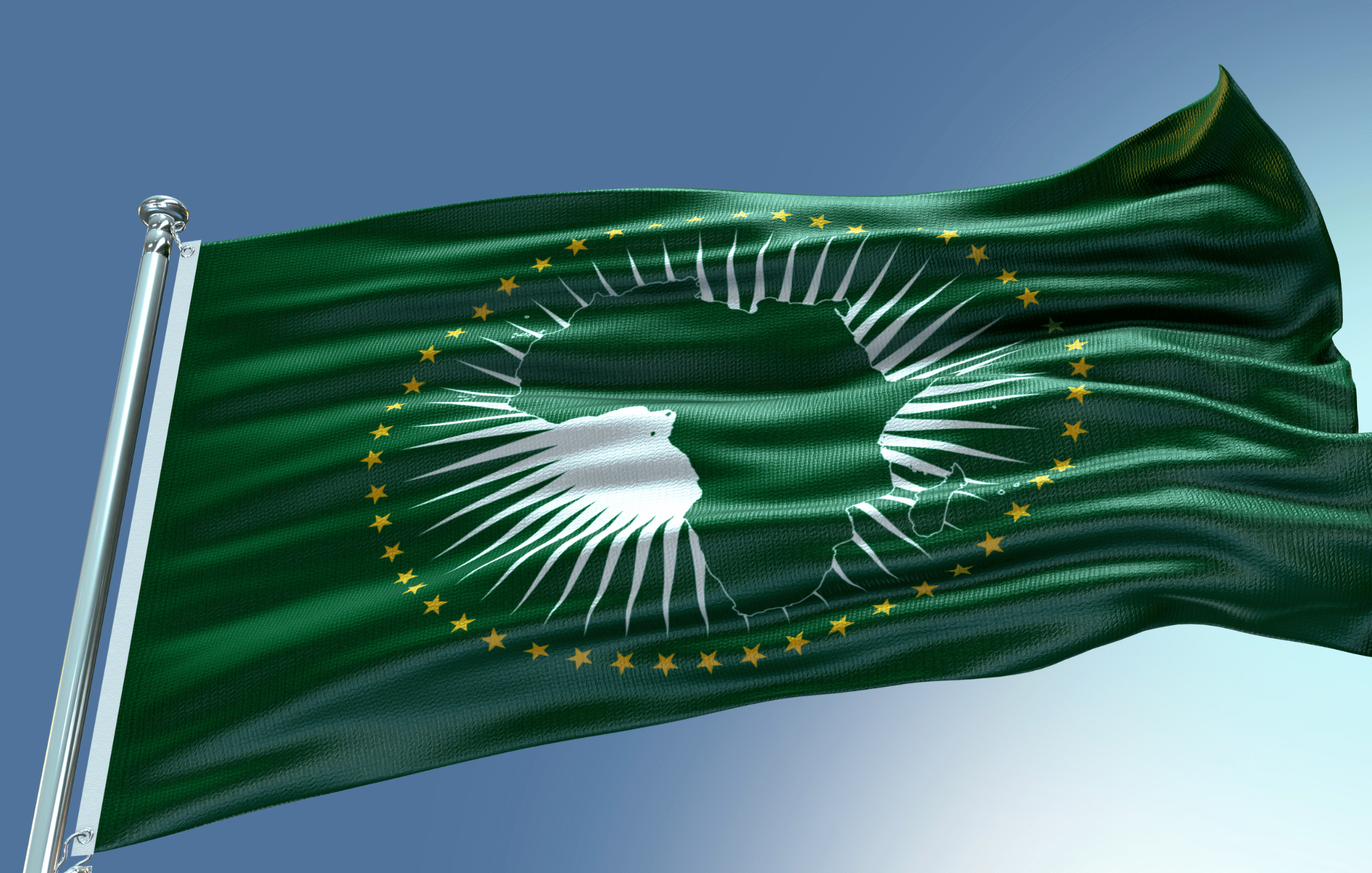New seat, bold vision: Africa’s rise and green ambition
With the spectre of poverty looming large and two-thirds of the world’s extreme poor grappling with the rigours of life in Africa, the continent faces intricate issues.

Nairobi Declaration urges the largest greenhouse gas emitters and the wealthiest nations to honour their commitments
This article was first published in Khaleej Times.
As the world inches towards the biggest climate change conference, UN COP28 in the UAE, the G20 in a strategic move that marks the changing global geopolitical landscape, ushered in the African Union (AU) as a distinguished member. Such recognition ensures that the AU, echoing the voices of 55 nations and a staggering 1.2 billion inhabitants, stands shoulder-to-shoulder with the likes of the European Union.
This is especially relevant given the recent comprehensive technical report on the first Global Stock Take (GST) released by the United Nations Framework Convention on Climate Change (UNFCCC) that mentions international cooperation as a vital element in the transformational adaptation narrative. Sharing experiences and learning from good practices across different contexts can provide the blueprint needed for successful adaptation.
The first GST during COP28 will provide a comprehensive assessment of progress since adopting the Paris Agreement in 2015 and is expected to align efforts on climate action, including putting measures in place to bridge the gaps in progress. Since its adoption, the Paris Agreement has inspired near-universal climate action, yet the global community is not on track towards achieving the long-term goals. The first GST comes at a critical moment for accelerating collective progress and Africa will be central to the debate on ‘just transition.’ Echoes of this sentiment resounded at the inaugural Africa Climate Summit held recently in Nairobi.
Unanimously approved during the summit, the Nairobi Declaration urges the largest greenhouse gas emitters and the wealthiest nations to honour their commitments. It specifically points to an unmet 14-year-old pledge of annually providing $100 billion in climate finance to developing countries. The declaration seeks to reform a global financial system that forces African nations to pay more to borrow money and calls for the continent’s vast mineral wealth to be harvested and processed within Africa.
At the summit, COP28 President-Designate Dr Sultan bin Ahmed Al Jaber highlighted the urgency to achieve the goals of the Paris Agreement. He announced a $4.5 billion initiative between the UAE and Africa, involving key players like the Abu Dhabi Fund for Development and Africa 50, to develop 15GW of clean power by 2030 and unlock Africa’s sustainable prosperity. This investment could catalyse an additional $12.5 billion from multilateral, public and private sources driving forward clean energy projects in Africa. Despite contributing only three per cent of global emissions, Africa bears severe climate consequences, affecting its GDP, and leading to rising energy poverty.
Dr Al Jaber stressed the need for financial reform, urging donors to fulfil their $100 billion pledge and revamp the global financial architecture. He also advocated for doubling adaptation finance by 2025 and translating the Global Goal on Adaptation into tangible actions. The science demands a strong mitigation outcome at COP28 that drives a significant reduction in emissions and builds on the progress of previous COPs. COP28 presents an opportunity to fast-track the energy transition by building the energy system of the future, while rapidly decarbonising the energy system of today to keep 1.5°C within reach. Phasing down demand for, and supply of, all fossil fuels is inevitable and essential.
Africa is a treasure trove encompassing 60 per cent of the world’s renewable energy assets and a significant 30 per cent share of vital minerals crucial for renewable technologies. For instance, Congo alone holds nearly 50 per cent of the globe’s cobalt, a key component in lithium-ion batteries. With enhanced G20 status, the AU can voice the interests of a continent that boasts the world’s most expansive free trade zone.
Tracing back to 1963, what began as the Organisation of African Unity, metamorphosed into the African Union in 2002. This evolution wasn’t merely in nomenclature but deeply rooted in shifting paradigms, pivoting from initial struggles of unity to grappling with modern-day challenges of democracy and sustainable evolution.
The crystallisation of this transformation is the AU’s Agenda 2063, which paints a vivid tapestry of Africa’s aspirations for the future: a continent pulsating with inclusive growth, a haven of peace, and the bedrock of robust governance. This isn’t a utopian dream but a meticulously structured blueprint, especially evident in the African Union Climate Change and Resilient Development Strategy spanning 2022-2032. The agenda prioritises the synchronised efforts across Africa to face the daunting challenges of climate change.
However, the journey isn’t devoid of formidable barriers. With the spectre of poverty looming large and two-thirds of the world’s extreme poor grappling with the rigours of life in Africa, the continent faces intricate issues. Water scarcity, intensified by the harsh impacts of climate change, brings forth the dire need for efficient transboundary cooperation and robust investment policies.
In contrast, Angola, which hasn’t defaulted since its civil war ended in 2002, was levied a higher interest rate of over nine per cent for bonds with a much shorter duration (30 years) in 2018.
Africa is also home to the majority of the least developed countries and the world’s most climate vulnerable groups and communities. Vulnerabilities stem from its reliance on rain-fed agriculture, coupled with socio-economic conditions. Yet, in this crucible of challenges, Africa’s abundant natural resources emerge as a beacon of hope. The imperative now is a pivot from aid-dependency towards cultivating investment-centric partnerships, spotlighting Africa’s green transition.
The journey ahead is riddled with obstacles, yet filled with promise. With the appropriate frameworks and investment, the continent could become the backbone of the emerging green growth model. In Kenyan President William Ruto’s words, “climate action presents an unparalleled opportunity for Africa.” With strategic alliances, judicious investments, and visionary policies, the sun might indeed be rising on Africa’s epoch of sustainable revolution.

